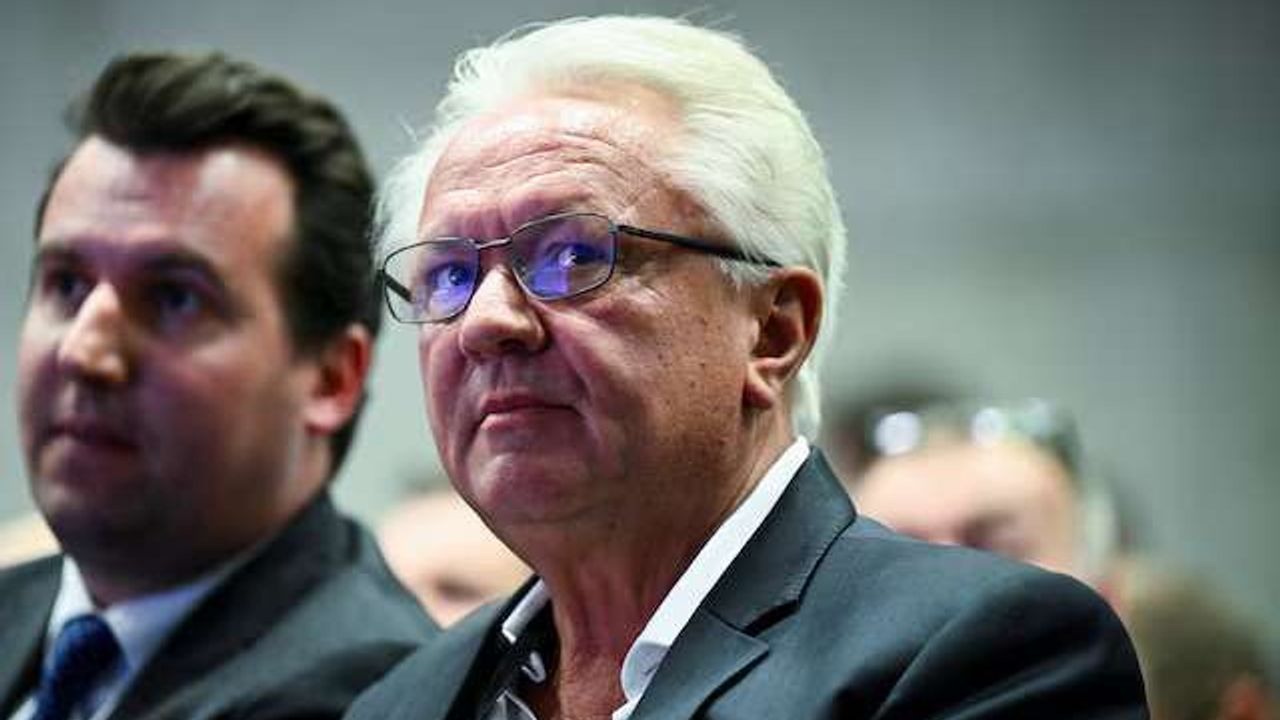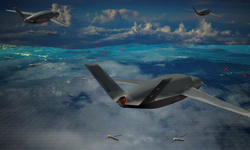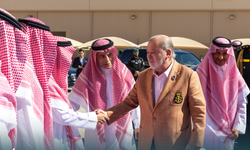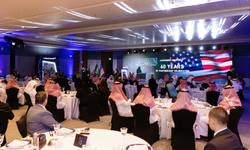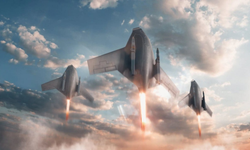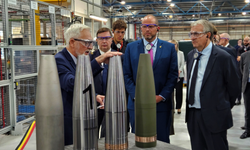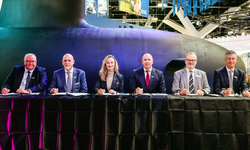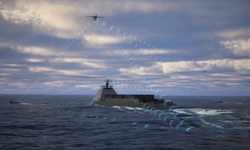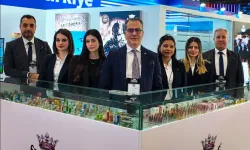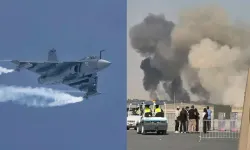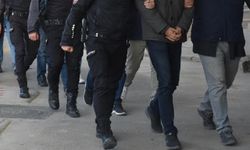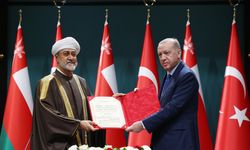Speaking to journalists on Wednesday, Papperger noted that while Rheinmetall could repurpose its own automotive plants, acquiring sites from other manufacturers could also be an option under the right conditions. "Then you can also consider whether a plant like Osnabrueck, which I think would be very suitable, could be utilized," he said. However, he emphasized that substantial defense orders, such as those for the Lynx infantry fighting vehicle, would be necessary before committing to such an investment.
 Armin Papperger, CEO Rheinmetall
Armin Papperger, CEO Rheinmetall
Volkswagen announced in December that it was assessing alternative scenarios for Osnabrueck’s future, raising hopes that a sale could preserve jobs and alleviate restructuring costs. Although Volkswagen CEO Oliver Blume stated that there were no advanced discussions with the defense industry regarding Osnabrueck, he acknowledged that military vehicle production remains an option for the company. "We have the automotive competence and are ready to provide consultancy and advice," Blume told ZDF in an interview.
Rheinmetall, Europe's largest ammunition producer, has been adapting to growing defense demands by converting two of its own automotive sites to manufacture military equipment. Papperger indicated that similar repurposing efforts could take place at additional locations, as defense firms seek expanded production capacity amid Europe's military buildup. He also hinted at the possibility of selling Rheinmetall’s entire automotive Power Systems division if a suitable offer arises.This shift comes as German defense companies increasingly absorb workers from the struggling automotive sector, a trend that could help revitalize Germany’s economy after two years of contraction. Volkswagen, which owns several major car brands including Audi, Bugatti, Seat, Skoda, and Porsche, has faced challenges in its automotive division, including a 15% drop in operating profits in 2024 due to rising competition and higher fixed costs.
With expectations that the United States may scale back its military involvement in Europe, Papperger anticipates that European defense initiatives will gain further momentum. "Before I build a new tank factory in Germany, we will, of course, evaluate existing facilities," he said, reinforcing Rheinmetall’s interest in leveraging existing industrial infrastructure for defense production.
